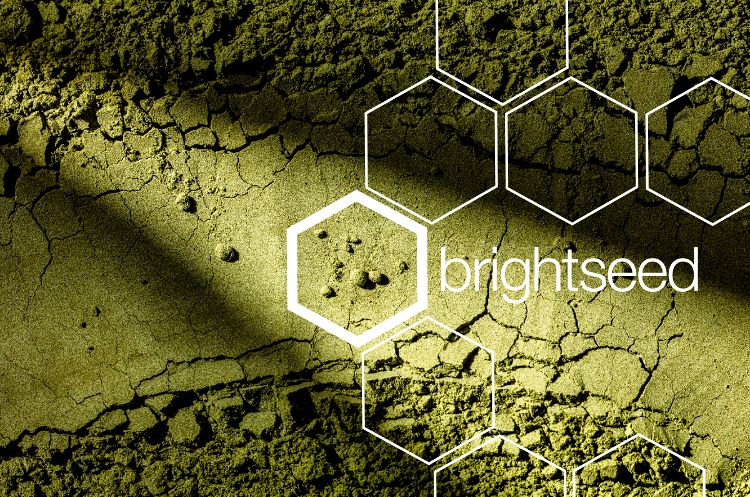Brightseed’s AI identifies phytonutrients that support liver and metabolic health
Brightseed, a bioscience company and creator of the artificial intelligence platform called Forager, has announced preclinical data from its first major discovery targeting liver and metabolic health.
Image courtesy of Brightseed

Brightseed (San Francisco, CA), a bioscience company and creator of the artificial intelligence platform called Forager, has announced preclinical data from its first major discovery targeting liver and metabolic health. Forager AI maps biological relationships between plants and people to infer which phytonutrients in plants may yield the greatest human benefit. Currently less than 1% of phytonutrients are known by science.
Forage analyzed approximately 700,000 compounds in the edible and medicinal plant kingdom for their health properties and is on track to surpass 10 million by 2025. Using a computational approach with data from Brightseed’s plant compound library, Forage identified two natural compounds with promising bioactive function: N-trans caffeoyltyramine (NTC) and N-trans-feruloyltyramine (NTF). Forager found these compounds in over 80 common edible plants sources.
Researchers determined that these compounds acted through a novel biological mechanism governing the accumulation and clearance of liver fat. Preclinical research found that NTC and NTF acted as potent HNF4a activators, promoting fat clearance from the steatotic livers of mice fed a high fat diet, by inducing lipophagy. HNF4a is a central metabolic regulator impaired by elevated levels of fat in the bloodstream from chronic overeating.
At proper doses, NTC and NTF may restore proper function of HNF4a to support healthy lipid and sugar levels in the bloodstream to normalize organ function. Their activities were confirmed using a cell-based human insulin promoter activation assay. The preclinical data was presented in the fall of 2020 as a poster session at The Liver Meeting Digital Experience hosted by American Association for the Study of Liver Diseases, and published as abstract #1679 in Hepatology: Vol 72, No S1.
“The potent activity of these natural compounds on the central metabolic regulator has never been observed in scientific literature,” said Carol Lynn Berseth, MD, senior vice president of Medical and Scientific Affairs at Brightseed, in a press release. “In addition, the clearance of fat cells from the liver is a hugely promising action, even in preclinical stages. Brightseed enables health and wellness brands to identify new natural solutions much more efficiently.”
Based on in vivo effects and good safety profile, these new compounds identified by Forager may be strong candidates for nutraceuticals, and a starting point for therapeutics that can help maintain liver health and healthy metabolism. This may have profound implications for billions of people worldwide because the liver is the body’s metabolic organ, and poor liver function is associated with type 2 diabetes, cardiovascular disease, and non-alcoholic fatty liver disease (NAFLD).
Survey finds a lack of enthusiasm about AI technology among food and beverage consumers
December 12th 2024The survey, commissioned by Ingredient Communications and conducted by SurveyGoo, found that 83% of respondent agreed that companies should declare on product labels when a product has been designed or manufactured with the assistance of AI technology.